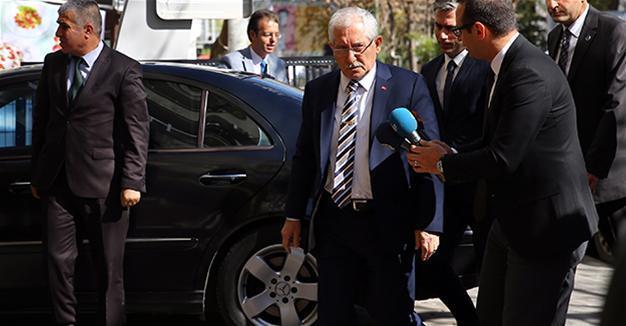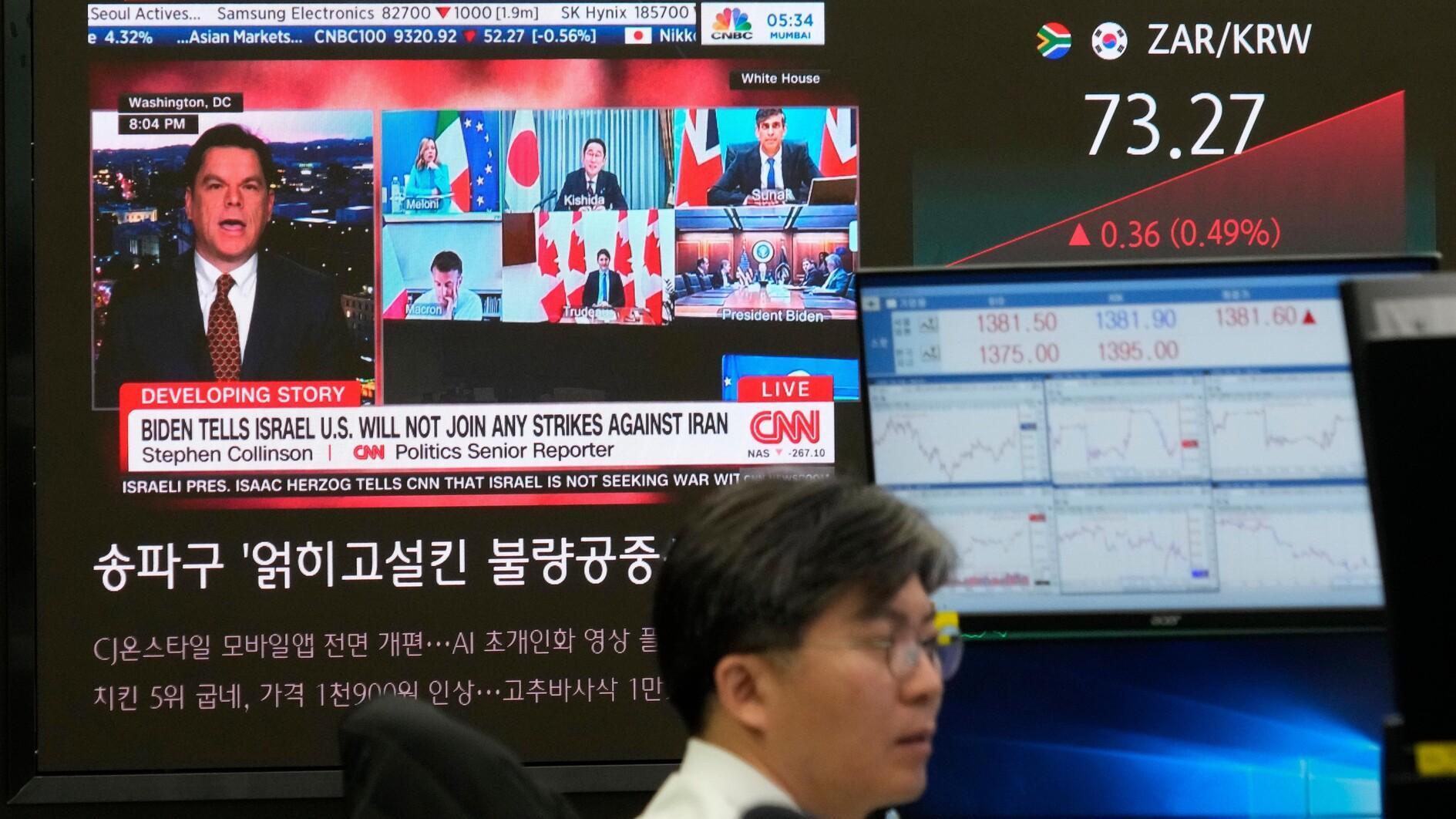Turkish gov’t calls time on referendum result debate, as opposition vows further objections
ANKARA

AA photo
The debate over the April 16 constitutional referendum continues to rumble, after the government praised the Supreme Election Board’s (YSK) decision to reject all appeals against the result of the vote but the opposition vowed to continue the struggle to annul the outcome based on numerous irregularities.Some 51.4 percent of the more than 58 million Turkish voters said “yes” to the constitutional amendment package in a tight race to decide on whether to shift to an executive presidential system.
However, the YSK’s decision to accept unsealed ballot papers “unless it can be proved that they were brought from outside the voting room” sparked a major debate on the results of the referendum, after which the main opposition Republican People’s Party (CHP) and the Peoples’ Democratic Party (HDP) applied for the annulment of the vote, but was rejected.
Justice Minister Bekir Bozdağ praised the YSK’s dismissals of the objections, adding that the Constitutional Court and the European Court of Human Rights (ECHR) have no jurisdiction over the electoral board’s rulings.
“The YSK’s decision is the proper decision because the YSK has evaluated similar issues in the past as well. It has always made the same decision,” Bozdağ said in an interview on pro-government broadcaster A Haber on April 20.
With the YSK rejecting all appeals from the two parties by a vote of 10-1, Bozdağ also dismissed the possibility of the opposition parties appealing to the Constitutional Court about the referendum.
“The Constitutional Court does not have the authority or the right to evaluate the YSK’s referendum decision in accordance with the constitution and the international agreement to which Turkey is a party. It is also against our law because our constitution states that the YSK’s decisions are definitive and no other authority can appeal that decision,” he said.
“Even if [the opposition] makes such appeal, the Constitutional Court has no option but to dismiss this appeal,” Bozdağ added.
Answering a question about the opposition’s possible application to the ECHR, the justice minister stated that the international agreements to which Turkey is a party rules out the possibility of any such appeal.
“They can appeal to the ECHR, but they cannot gain anything from it because the agreement that Turkey is a signatory of does not grant parties the right to apply,” he said.
“The ECHR has ruled in other applications that referenda are out of its jurisdiction. It is clearly stated in its decisions,” he added.
Bozdağ’s remarks came after CHP leader Kemal Kılıçdaroğlu said the party may take the referendum results to the ECHR.
Speaking about the steps that his party will adopt regarding the issue in the following days, Kılıçdaroğlu noted that taking the case to the ECHR is one of the options on the table if domestic legal avenues are exhausted.
“There are annulment decisions of the Constitutional Court. On what grounds will the Constitutional Court change its previous ruling? In 2014 it said ‘Elections are canceled if there is no seal on ballot papers or envelopes.’ There is also a very clear definition in the law. The Constitutional Court can’t change its decision. The YSK can’t express an opinion above the will of the parliament,” Kılıçdaroğlu told the BBC Turkish service on April 19, adding that the party assembly will gather if all domestic legal avenues are exhausted.
“We will prepare a road map. We will sit and talk on which method or path we should follow. If the Constitutional Court rejects our application, we will regard the changes as illegitimate. There is also the ECHR. If necessary, we will take the case there,” he said.
Saying the YSK’s decision “harms the reputation of the parliament,” Kılıçdaroğlu noted that the board’s decision implies that it does not recognize the ruling of the Constitutional Court.
“The YSK’s decision should be protested by all sections of society. If the concept of the rule of law exists, if the ruling is important, and if this concept has a universal value, then no one can destroy it,” he said.
Kılıçdaroğlu also commented on rumors that the CHP was mulling leaving parliament.
“We don’t have the intention to abandon parliament. Why would we do so? The people sent us there. We’ll be there to defend the people’s rights in the face of the election fraud that was carried out. There are votes of some 50 million voters in total. There is no one else to bring them to account. We won’t let the people be cheated,” he said.
Meanwhile, YSK head Sadi Güven said he “will not respond” to the CHP.
“I’m not going to respond. I’m not a politician. I’m a judge,” Güven said on April 20 before entering the board’s headquarters.
Nationalist Movement Party (MHP) leader Devlet Bahçeli praised the ruling of the YSK.
“The YSK has given the final ruling and ended the issue,” Bahçeli said on April 19, adding that the opposition was “turned away from the door while trying to enter from a chimney.”
Bahçeli said the “veteran chaos experts should open their stalls somewhere else.”
Union of Turkish Bar Associations (TTB) head Metin Feyzioğlu also commented on the issue, saying it is “clear that the YSK gave a decision that cannot be given with regard to law.”
When asked about if the Constitutional Court has any authority to issue a ruling on a YSK decision, Feyzioğlu said the Constitutional Court is based on the ECHR and therefore needs to handle the issue.
















